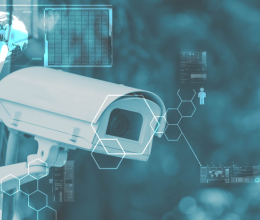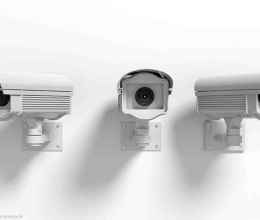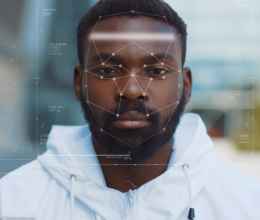NEW ORLEANS – In a win for the city’s public defenders and civil rights groups representing them, the Louisiana Supreme Court has declined to consider the City of New Orleans’ appeal of a lower court ruling ordering officials to provide the locations of the city’s crime cameras.
In December, a state appeals court ordered the city to comply with a public records request from public defenders to provide a map of the city’s 400 real-time surveillance cameras. Though the cameras themselves are publicly visible, the city refused to comply.
“We’re glad New Orleans public defenders will finally have access to this critical information in their work to uphold equal justice for all,” said Alanah Odoms Hebert, ACLU of Louisiana executive director. “Hiding the locations of these cameras served no legitimate public purpose, and hindered our clients’ efforts to defend the accused. This ruling reaffirms that Louisianans have a constitutional right to public information, including information related to the mass surveillance of our communities.”
“It’s critical that New Orleanians are not subjected to government surveillance from hundreds of undisclosed locations,” said Lisa Graybill, Deputy Legal Director for the Southern Poverty Law Center. “The public has the right to know, and the Fourth Circuit has agreed. We’re pleased with this ruling that the City must disclose the location of the surveillance cameras – locations they already shared with law enforcement and prosecutors. It’s an important step to promote transparency and to preserve fairness in our courts.”
In 2018, Laura Bixby, a staff attorney for the Orleans Public Defenders, filed a public-records request for a map of all publicly visible real time surveillance cameras. The cameras are used for a variety of purposes by the city, including monitoring street flooding and traffic. The map would assist Bixby in her clients’ defense because they often contain exonerating evidence, just as potentially incriminating evidence is made available to law enforcement. The New Orleans City Attorney’s Office denied the request, claiming that the records are exempt from disclosure.
"This ruling represents a victory for all New Orleans citizens who want to know when and how their government is surveilling them,” said Bixby. “It also enables the public defender's office to quickly and efficiently preserve video that might prove our client's innocence, which is all the more important in this present moment when our investigators cannot safely go out in the field.”




